The Wellbeing and Prevention Coalition in Mental Health
Partnerships and collaboration are critical to success in wellbeing and prevention efforts, and Prevention United is proud to be a member of the Wellbeing and Prevention Coalition in Mental Health – a group of like-minded organisations committed to enhancing Australia’s approach to preventive mental health.
Quick links (more details below)
Effective practice for improving young men’s mental health Download
Delivering quality care more efficiently interim report. A joint submission by the Wellbeing and Prevention Coalition in Mental Health Download
A national framework to support government investment in prevention: A joint submission from The Wellbeing and Prevention Coalition in Mental Health Download
Policy Brief: Promoting small business owner mental health Download
Final review of the Mental Health and Suicide Prevention Agreement: A joint submission from the Wellbeing and Prevention Coalition in Mental Health Download
Transforming Australia’s approach to mental health and wellbeing. A pre-election submission from the Wellbeing and Prevention Coalition in Mental Health Download
Preventing child maltreatment to prevent mental ill-health Download
Policy Brief: School-based mental health and wellbeing programs. What’s working, what’s not? Download
Exploring the role of community coalitions in the prevention of mental health conditions Download
Starting upstream: A consensus statement on the prevention of mental disorders Download
Primed for prevention: A consensus statement on the prevention of mental disorders Download
2025
Effective practice for improving young men’s mental health
Despite valuing strength, toughness, and self-reliance, many young men feel pressure to suppress their emotions, often at the cost of their mental health. In the Wellbeing and Prevention Coalition’s latest brief, we explore how these cultural norms impact young men’s mental health and wellbeing and what we can do to shift the tide.
Delivering quality care more efficiently interim report. A joint submission by the Wellbeing and Prevention Coalition in Mental Health
The Wellbeing and Prevention Coalition welcomes the Productivity Commission’s focus on prevention in Delivering Quality Care More Efficiently, particularly around collaborative commissioning and the proposed National Prevention Investment Framework. To strengthen impact, the Coalition strongly recommends the Commission to focus on a strategy for a National Prevention Investment Fund, ensure sustained investment in collaborative commissioning, and address the structural drivers of poor mental health, including social and commercial determinants.
A national framework to support government investment in prevention: A joint submission from the Wellbeing and Prevention Coalition in Mental Health.
The Wellbeing and Prevention Coalition are advocating for a systemic, long-term approach to Australia’s mental health response. We believe this can be achieved through investment in the prevention of mental health conditions, across workforce development, cross-portfolio coordination, long-term planning, and sustainable funding. Our submission outlines the systemic infrastructure needed to unlock the benefits of a unified, cross-portfolio approach to prevention.
Policy Brief: Promoting small business owner mental health
Although the focus on workplace mental health has expanded considerably in recent years, the unique needs of small businesses have been overlooked. The Wellbeing and Prevention Coalition in Mental Health have highlighted several recommendations which aim to improve the overall mental health and wellbeing of Australia’s small business owners, including greater awareness and investment in their mental health and wellbeing, and an integrated and nationally consistent approach that aims to protect and promote their mental health and wellbeing.
Final review of the Mental Health and Suicide Prevention Agreement: A joint submission from the Wellbeing and Prevention Coalition in Mental Health.
The Wellbeing and Prevention Coalition have provided their recommendations to inform the Productivity Commission’s final review of the National Mental Health and Suicide Prevention Agreement. We believe there is an opportunity for a better, more comprehensive approach to mental health policy that includes a combined focus on and investment in the prevention of mental ill-health alongside investments in treatment and support across governments.
Transforming Australia’s approach to mental health and wellbeing. A pre-election submission from the Wellbeing and Prevention Coalition in Mental Health
Our call to action: Make this election a mental health election. This ‘call to action’ outlines our vision for a better, more comprehensive approach to mental health policy that includes a combined focus on and investment in the prevention of mental ill-health, with a concurrent investment in treatment and support, a ‘dual system’ approach to mental health and wellbeing.
2024
Preventing child maltreatment to prevent mental ill-health
Child maltreatment is shockingly pervasive in Australia, with 62% of the population having experienced some form of maltreatment in childhood. In the latest policy brief from the Wellbeing and Prevention Coalition, opportunities for immediate action are identified and policy solutions proposed. The call to action? Preventing childhood maltreatment is the single most important primary prevention opportunity for mental ill health and suicidality.
Policy Brief: School-based mental health and wellbeing programs. What’s working, what’s not?
Schools are ideal settings for mental wellbeing promotion and preventative mental health interventions and there is substantial evidence demonstrating the effectiveness and cost-effectiveness of these interventions. However, despite their benefits, there is considerable variation across Australian schools in the use of such initiatives, the selection of evidence-based programs, and the quality of program implementation. There is also very poor tracking of the impacts of initiatives, and students’ mental health more broadly.
The brief provides recommendations outlining how schools can address the challenges they face in choosing and implementing high-quality, evidence-based wellbeing and prevention interventions, and by improving the way we monitor student mental health. Governments also need to broaden their focus beyond student mental wellbeing, to support the mental health and wellbeing of teachers and other staff responsible for creating a mentally healthy school environment.
2023
Exploring the role of community coalitions in the prevention of mental health conditions
This Policy Brief provides an overview of community coalition-based approaches to preventive mental health. Community coalitions focus on mobilising local community stakeholders to plan, implement, and monitor strategies to reduce the incidence of health, mental health and/or substance use conditions within a geographic or culturally defined community. They hold considerable value in supporting the implementation of multiple complementary strategies that create a collective impact within a community.
2022
Starting upstream: A consensus statement on the prevention of mental disorders
Despite steadily increasing investment in mental healthcare services over the last few decades, the prevalence of mental health conditions in Australia is rising rather than falling, services are struggling to keep up with demand, and individual, government and societal costs are escalating.
The Prevention Coalition in Mental Health’s Primed for Prevention Consensus Statement, released in 2020, outlined the types of evidence-based programs and policies that can be used to prevent the onset of common mental health conditions. This second Consensus Statement focuses on the system enablers that are needed to build an efficient, effective, and sustainable preventive mental health system that integrates with and complements our mental healthcare system, and our health promotion and public health systems.
2020
Primed for prevention: A consensus statement on the prevention of mental disorders
This Prevention Consensus Statement has been developed by the Prevention Coalition in Mental Health, an informal group of like-minded organisations with a shared belief in the importance of prevention in the mental health field. The Prevention Consensus Statement sets out what we can do to prevent depression, anxiety, and other conditions right now as we work our way through the social and economic challenges wrought by COVID-19, and into the future. Enhancing our focus on prevention will strengthen individuals and communities, save money, and save lives.




